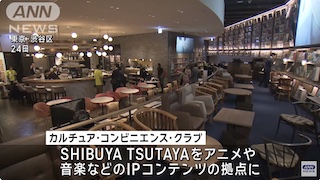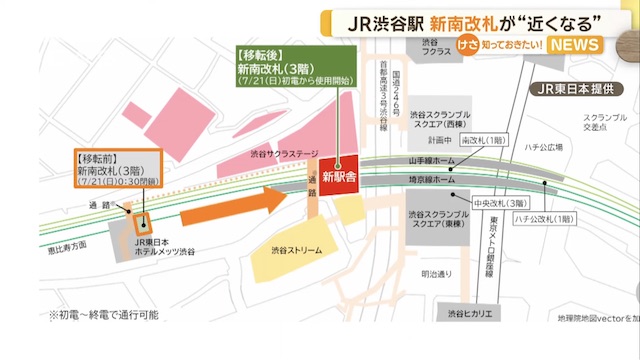Mar 02 (NHK) - Japan's government has eased its COVID-19 border controls on travelers arriving from China.
The government imposed emergency measures on travelers from China last December, after the number of coronavirus infections in the country soared.
The measures required all visitors from China to be PCR tested upon arrival, and to show proof of negative pre-departure test results.
On Wednesday, the mandatory testing was switched to random testing of a limited number of people. But travelers are still required to show proof of negative pre-departure test results, as the government plans to ease controls in phases.
Under the new measure, up to 20 percent of passengers on direct flights from mainland China are subject to testing.
Travelers who arrived at Narita Airport near Tokyo on Wednesday afternoon via a direct flight from Shanghai were not subject to testing, so they immediately headed for the immigration area. ...continue reading
Source: ANNnewsCH










